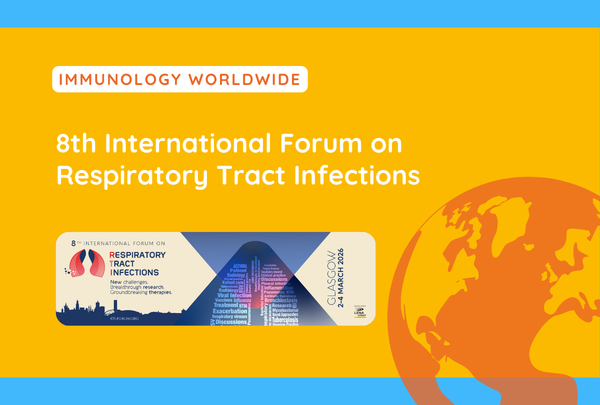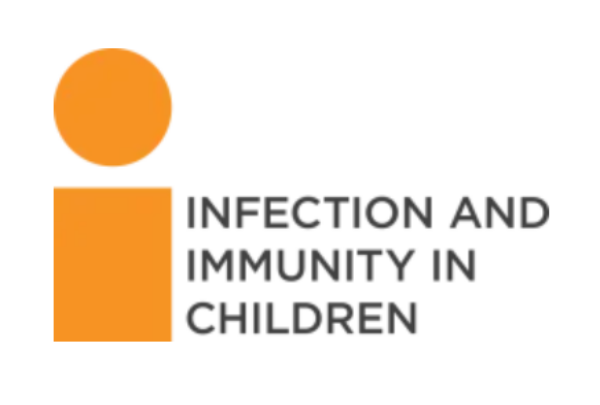
In this webinar, Professor Adrian Hayday will share with us an overview of a completed deep immunophenotyping of 100 patients and controls, with approximately 200,000 data points.
Professor Adrian Hayday began studying immunology in 1982 at MIT, where he and his colleagues first described the wholly unanticipated T-cell receptor gamma chain genes. Establishing that γδ T-cells are distinct from conventional T-cells, Professor Hayday and his colleagues demonstrated that γδ T-cells generate rapid responses to tissue dysregulation to monitor tissue integrity, rather than showing highly specific responses to pathogens, as is the case for conventional T and B cells.Over the course of his career, Professor Hayday has authored over 200 papers, the majority of which are original research contributions. He has received many awards, including the William Clyde deVane Medal, Yale College’s highest honour for scholarship and teaching, an honorary fellowship from King’s College London, and the King’s College Business Award. He was elected to lead the British Society of Immunology (2005-09), and is an elected fellow of the Academy of Medical Sciences and of the Royal Society.
He is currently a Professor of Immunobiology at King’s College London, a Clinical Academic Group leader at King’s Health Partners, and Group Leader at the Francis Crick Institute where he is an Assistant Research Director.








